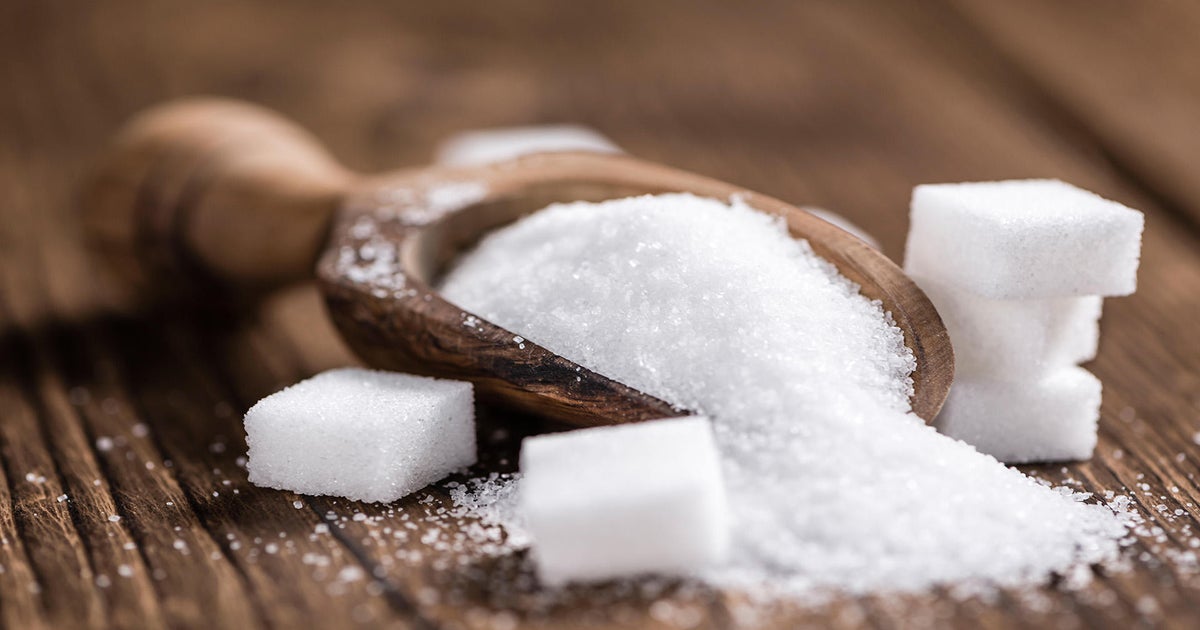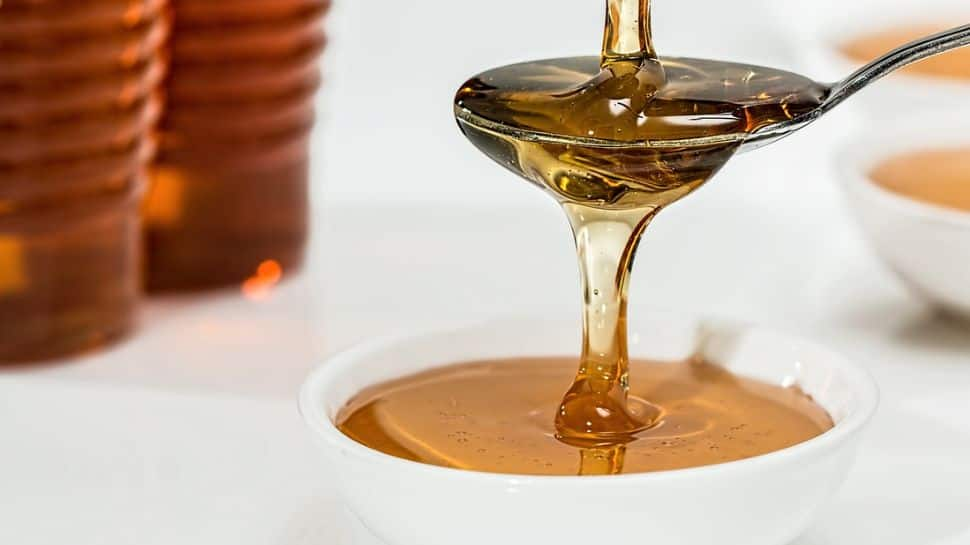By Garima Goyal
Who doesn’t love sweet food? Among the top five favourite dishes of any individual, 2-3 dishes would definitely be something sweet. But be very cautious while choosing the sweetener you add to your dish or beverage. This is because although sweet food appeals to our palette, it can take a toll on our health too. Excessive consumption of refined sugar or packaged foods containing an additive called high fructose corn syrup (HFCS) has been linked to the onset of chronic health conditions such as diabetes, obesity, cardiovascular disease, fatty liver disease etc. So try to limit your intake of sugar or have it occasionally to minimise the side effects. Also, you can choose alternatives to refined sugar which may contain fewer or no calories when compared to refined sugar and/or may offer some health benefits.
1. Stevia: The most famous artificial sweetener that is all-natural is stevia, derived from the leaves of a shrub native to South America called Stevia rebaudiana. The leaves of this plant contain two compounds namely stevioside and rebaudioside. Stevia can be extracted from any one of these compounds which are calorie-free, 450 times sweeter than sugar and possess a slightly different taste than refined sugar. But if refined sugar is replaced with stevia, there is definitely prevention of weight gain and better management of blood sugar levels. To date, research hasn’t linked any side effects of this natural sweetener – though gut microbiota dysbiosis can occur, but more research is warranted in this aspect.
2. Dates: The dried fruits of the date palm tree are called dates or khajoor. One of the excellent alternatives to white sugar, dates are sweet and chewy, plus offer health benefits too. They are not calorie-free, but along with calories, they are a storehouse of nutrients such as fibre, potassium, magnesium, manganese, vitamin B6 and antioxidants such as carotenoids and polyphenols. They can be easily and conveniently added to energy bars, cakes or cookies. Also, blend them to a paste and add to your smoothies or nut milk. The natural sugar content of dates is also beneficial for those having diabetes, as it doesn’t cause a rapid shoot-up in blood sugar levels. Also, researchers have pointed out that consuming dates on a regular basis can also possess hypocholesterolemic effect.
3. Fruit purees or apple sauce: You might have heard this commonly avoid sugar but not fruit sugar. Those with any health condition or obesity are advised to have maximum servings of fresh fruits and vegetables. This is because fruit sugar is not harmful. If you aim to reduce your daily intake of refined sugar, swap it with apple sauce or purees of fruits such as bananas. Use this substitute to make homemade cakes, cookies, muffins and breads. The advantage here is that fruits are loaded with nutrients such as vitamins and minerals that offer various health benefits. Fruit consumption has always been linked to the prevention of chronic diseases.
4. Honey: The thick and golden liquid produced by honeybees is called honey. This liquid is all healthy as it has vitamins, minerals and an abundance of plant compounds or phytochemicals which have an anti-inflammatory and antioxidant effect. The qualities that make honey better than table sugar are that it has a slightly lower glycemic index (GI) than refined sugar and honey polyphenols reduce inflammation in the body cells, thus preventing various chronic diseases. Substitute refined sugar with honey but with limits as it has calories and sugar too.
5. Jaggery: One of the most inexpensive sugar alternatives in India is gur or jaggery. The method of preparation of jaggery is boiling sugarcane until it hardens and chopping it into fragments or blocks. It is even available in granulated form. The plus point of this sweetener is its richness in iron content. So it becomes the favourite of athletes and women with low haemoglobin levels.
Eating too much sugar is detrimental to both mental and physical health. But no one says to avoid sugar at all costs. So opt for healthier alternatives to sugar to cut down on the intake of sugar. Also rather than one ingredient, pay more attention towards your whole diet and include nutrient-dense and wholesome food such as fruits, vegetables, nuts, beans, legumes etc. Also while substituting sugar, observe caution as some of them may give equal calories like sugar, but along with health benefits.
(Disclaimer: Garima Goyal is a dietitian. The views expressed in this article are those of the author and do not reflect the views of Zee News)













































